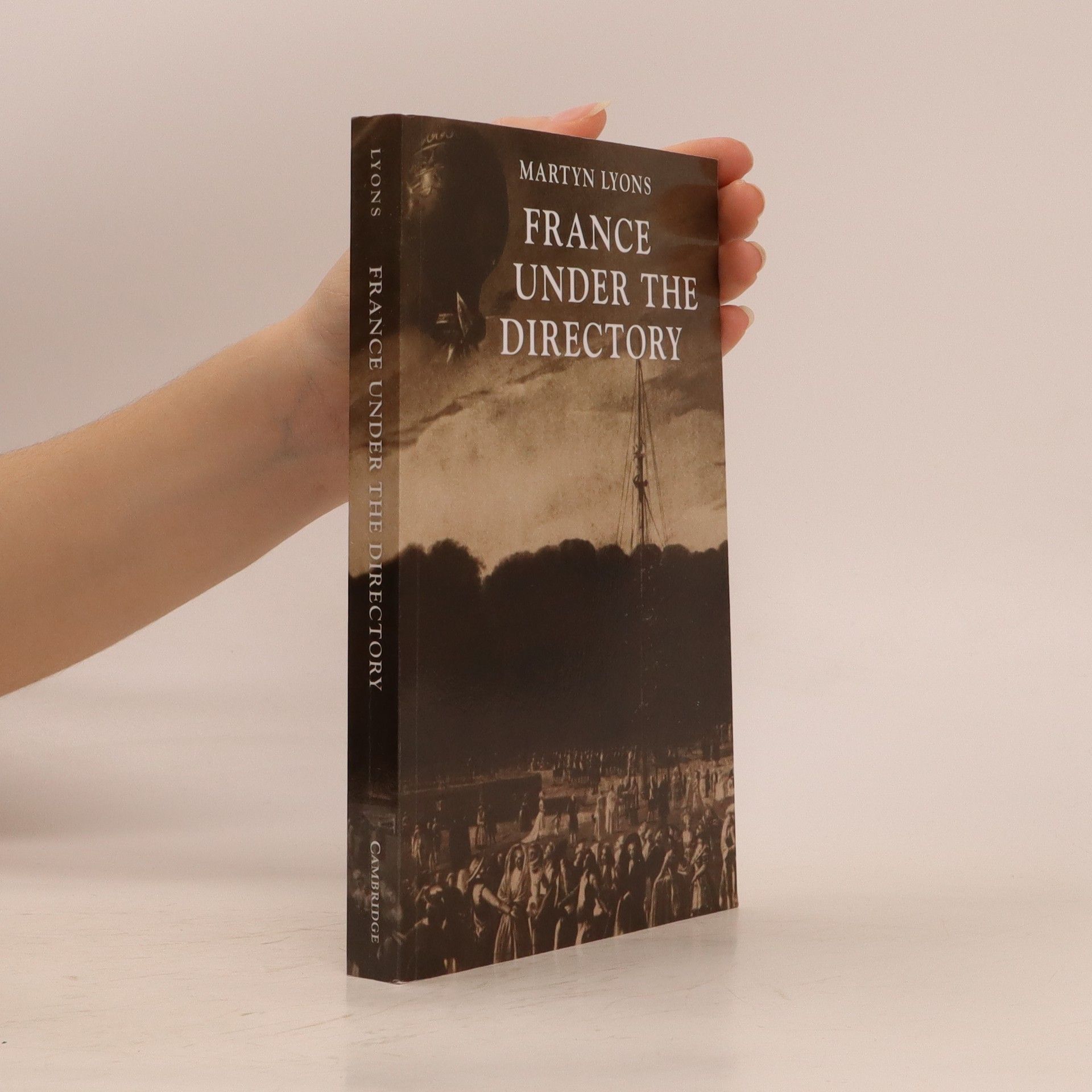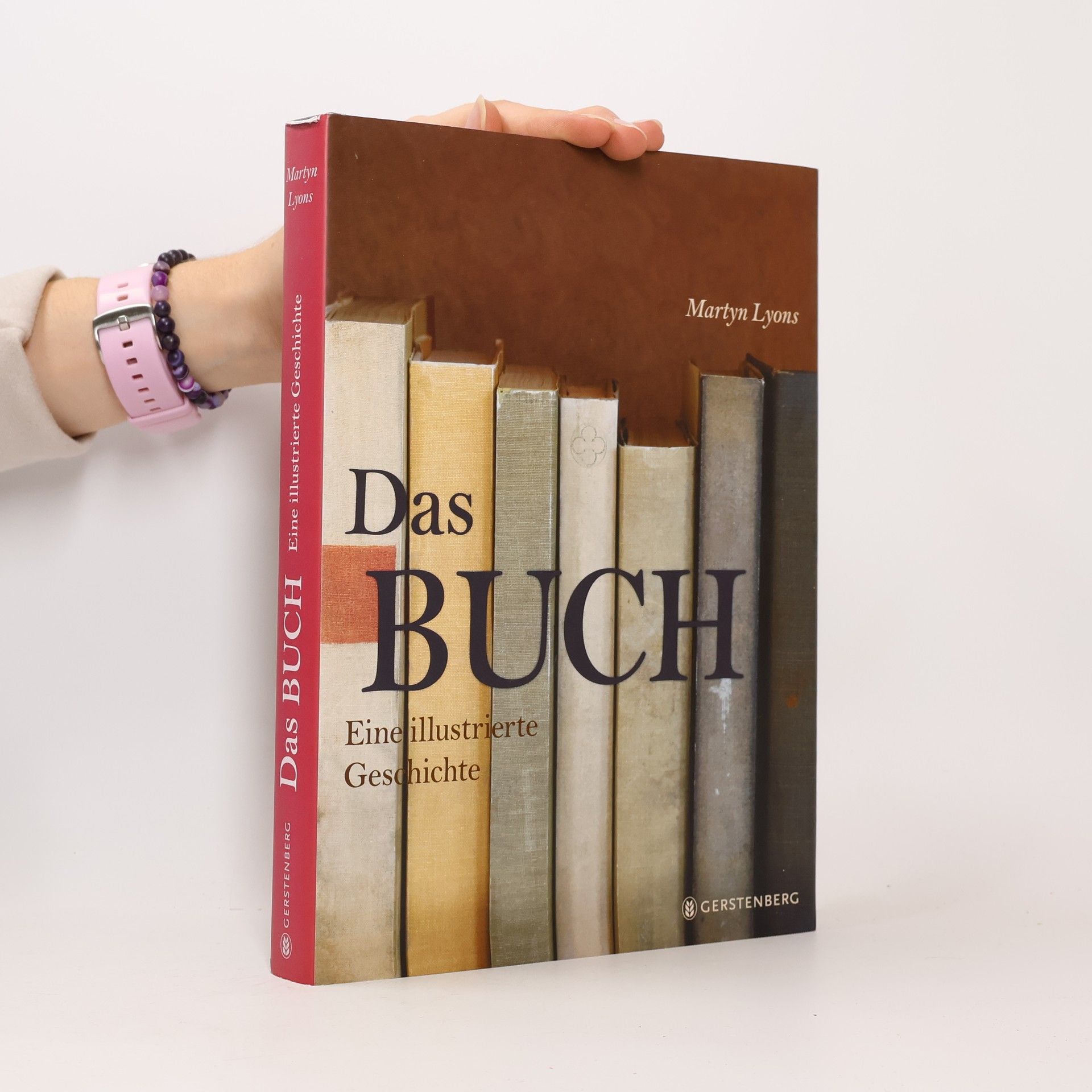Nichts hat die Geschicke der Welt so nachhaltig verändert wie das geschriebene Wort. Seit der Erfindung der Schrift durch die Sumerer hat die Schreib- und Lesekultur eine faszinierende Entwicklung durchgemacht: Es wurden Alphabete geschaffen, die Schriftrolle vom Kodex abgelöst, Satzzeichen und Wortabstände eingeführt, der Buchdruck mit beweglichen Lettern erfunden und weite Bevölkerungsteile der westlichen Welt literalisiert. Martyn Lyons zeichnet die Geschichte des Buches bis zum heutigen E-Book detailliert, kurzweilig und aus internationaler Perspektive nach. Mit mehr als 250 überwiegend farbigen Bildern illustriert, fängt dieser Band die Macht und Magie des Buches ein. Aus dem Inhalt: Papyrus, Pergament, Papier - Japanische Faltbücher - Aus dem Alltag eines Schreibers - Das hebräische Buch - Die Lutherbibel - Atlanten und Karten - Die Inquisition und der Index - Don Quixote - Lese- und Schreibkundige in Europa - Verbotene Bücher - Bücher verlegen: Ein lukratives Geschäftsmodell - Der Kampf ums Urheberrecht - Südost- und Osteuropa - Buchillustratoren des 19. Jahrhunderts - Die Welt der Brüder Grimm - Groschenromane - Neue Technologien - Penguin Paperbacks - Japanische Mangas - Die moderne arabische Welt - Der Literaturnobelpreis - Kinderbücher - Digitalisierung und kein Ende?
Martyn Lyons Bücher
Dieser Autor befasst sich mit der französischen Revolutions- und Napoleonischen Geschichte sowie der Geschichte von Büchern, Lesen und Schreiben in Europa und Australien. Seine Arbeit konzentriert sich auf die Untersuchung der Schreibpraktiken von ungebildeten und halb-alphabetisierten Bauern in Frankreich, Spanien und Italien im späten 19. und frühen 20. Jahrhundert. Sein Stil ist informativ und analytisch und taucht tief in die historischen Details ein, wodurch die Leser die Entwicklung des Schreibens und Lesens im Laufe der Jahrhunderte verstehen können. Seine Werke bieten einzigartige Einblicke in die Kultur- und Sozialgeschichte.






The Typewriter Century
- 320 Seiten
- 12 Lesestunden
As a vehicle for outstanding creativity, the typewriter has been taken for granted and was, until now, a blind spot in the history of writing practices.
This book investigates the history of writing as a cultural practice in a variety of contexts and periods. It analyses the rituals and practices determining intimate or ‘ordinary’ writing as well as bureaucratic and religious writing. From the inscribed images of ‘pre-literate’ societies, to the democratization of writing in the modern era, access to writing technology and its public and private uses are examined. In ten studies, presented by leading historians of scribal culture from seven countries, the book investigates the uses of writing in non-alphabetical as well as alphabetical script, in societies ranging from Native America and ancient Korea to modern Europe. The authors emphasise the material characteristics of writing, and in so doing they pose questions about the definition of writing itself. Drawing on expertise in various disciplines, they give an up-to-date account of the current state of knowledge in a field at the forefront of ‘Book History’.
Robert Menzies received 22,000 letters during his 1949-1966 record-breaking second term as Australian Prime Minister. They lectured him, quoted Shakespeare and the Bible at him and sent advice on how to eliminate the rabbit problem. In Dear Prime Minister, Menzies' fabled 'Forgotten People' write back.
On 9 thermidor Year 2, Robespierre fell; on18 brumaire Year 8, a coup d'état brought Bonaparte to power. This book demonstrates that the interval between these two momentous events was also of crucial importance. Using the findings of recent research, it presents a balanced appraisal of the thermidorean and directorial regimes to the English student. For Jacobin sympathizers thermidor and the Directory represented the betrayal of the revolutionary idea; for Bonapartist propagandists it represented chaos and corruption, and the darker the Directory could be painted, the more Bonaparte's reputation would be flattered. Dr Lyons attempts to dispose of these myths. He stresses the Directory's successes as well as its failures, and emphasizes elements of continuity which link it both with the Jacobin regime and with the Consulate. The regime inherited a heavy burden of war, inflation and food shortages, yet it remained revolutionary in its Republicanism, its anticlericalism, and its desire to carry the fruits of the Revolution to the rest of Europe. At the same time it laid the foundations of financial stability and administrative efficiency on which Bonaparte was to build.
The History of Illiteracy in the Modern World Since 1750
- 128 Seiten
- 5 Lesestunden
Focusing on the experiences of illiterate and semi-literate individuals, this book challenges the traditional binary view of literacy and illiteracy often held by historians. It highlights the struggles of those with limited reading and writing skills, shedding light on the vast population that exists between full literacy and complete illiteracy. By providing a historical perspective, it aims to debunk persistent myths about illiteracy, offering a revisionist take on its implications in modern society.